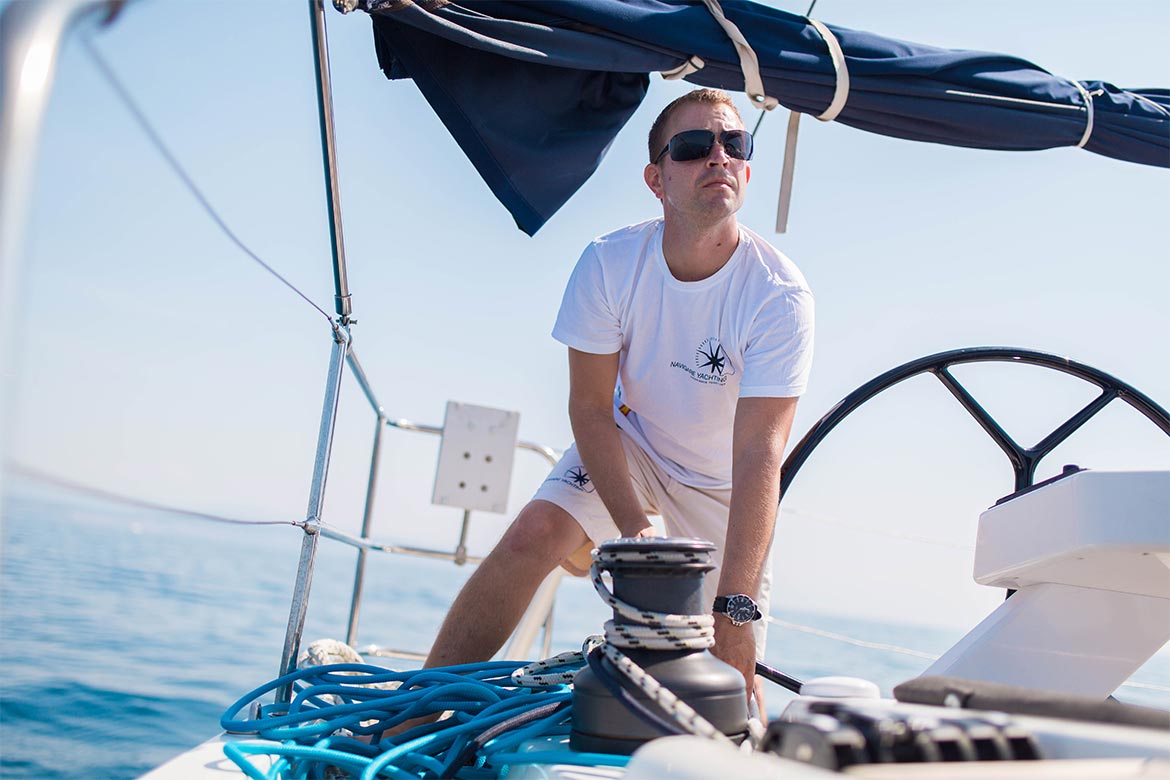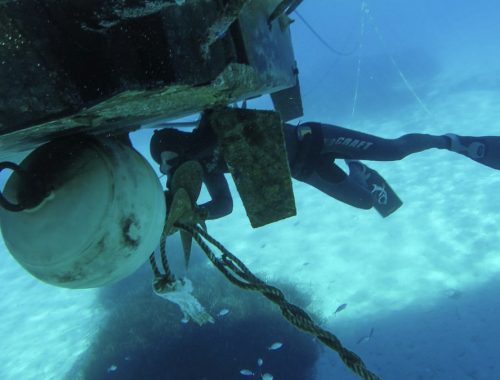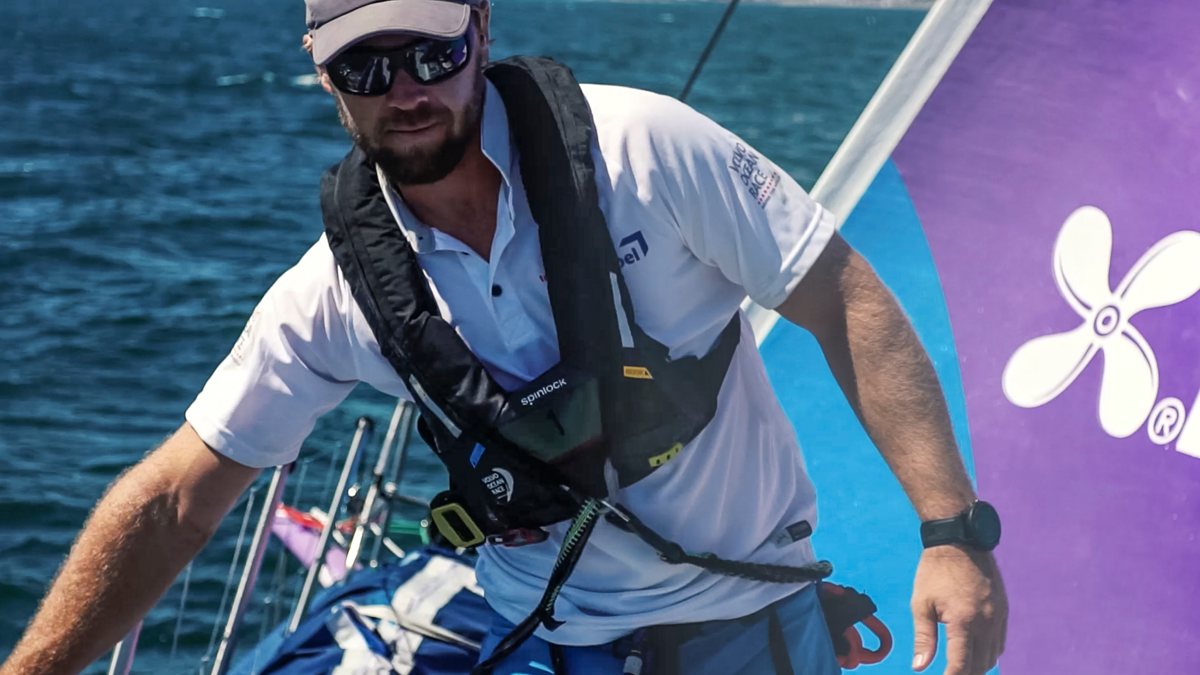
How to be a good skipper: communication is the foundation
If we take 10 skippers, they will most likely be very different from one another. Everyone will have their own personality, training, experience, way of working on board, and way of experiencing sailing. This is due to the fact that everyone becomes a skipper for different reasons and in different ways. We have skippers who started sailing on dinghies and those who started sailing on sailboats right away; skippers who have been sailing since childhood and those who start sailing at an older age, after doing various other jobs; those who work with private schools and charter companies and those who become vessel owners; enthusiasts/lovers and professionals, amateurs, and long-time captains.
All of these different paths lead to the formation of different people, and thus different skippers, each with their own management style and approach to navigation. After all, this is the right thing to do, and any experience on board, no matter how bad, is welcome, if only as a learning experience.

How one perceptions the skipper
However, there may be some common elements among those who practice the profession of skipper that the crew particularly appreciates and that turn every skipper into a good captain. One of these is unquestionably the ability to communicate and connect with the crew as effectively as possible. The first factor that draws a crew member’s attention is communication, or the skipper’s attitude toward his crew. Knowing how to communicate does not come naturally, but is the result of education, training, and experiences at sea. The good news is that we can always improve ourselves.

Calmness and good manners always pay off
A calm, decisive, but open and confident skipper makes a good impression and contributes to the creation of harmony on board. Those who can maintain control and remain calm during the excitement of manoeuvring or even in critical situations create a positive atmosphere that usually affects the entire crew, and the sailboat becomes much quieter and more controlled.
At the same time, being calm and sure of yourself and your skills gives you time to work on solving problems and keeps you from making hasty decisions. Skippers who exhibit these characteristics, in general, know how to accompany the order to perform the manoeuvre with a smile and politeness (please and thank you are always welcome formulas even in the most unpleasant and tiring work), as well as explain what someone on board has to do and why. However, only if the pleasantries do not interfere with manoeuvre management and execution. There is only one leader on board, and he must be respected; excessive friendliness is a waste of time in an emergency.

Body language should not be overlooked
Remember that communication is more than just our words and our voices. Much of what we express comes from our body posture and gestures, which are accurate representations of our true mental state. A calm and self-assured skipper can be identified by the way he stands at the rudder, holds the ropes, and reads nautical charts. When asked to perform a manoeuvre, stiff movements, clenched fists, or not looking a crew member in the eyes reveal anxiety, insecurity, and tension. Breathing is also very important: whoever is in charge of the vessel and its crew, as well as their well-being, must breathe calmly, evenly, and correctly.

Enough with the blame game
Being on a yacht where the skipper is constantly shouting is not only unpleasant, but it can also be dangerous. People dislike those who yell, scream all the time, are impatient, grumpy, and always complain about something. Due to their fear of making mistakes and receiving reprimands, the crew is hampered by the skipper’s attitude. Crew members frequently prefer to wait until the skipper tells them what to do. That is why it is critical to move away from the guilt culture: if something is done incorrectly, a calm word will be more effective than a reprimand. Most people are already frustrated and angry when they make a mistake, so there’s no reason to make matters worse by further humiliating them.

Anxiety and noise amplify each other
Such crew member behaviour can be very irritating for the skipper, especially if he is in a hurry and everyone is under pressure, and it can easily cause the skipper to shout louder. We can say that the amount of noise on board is inversely proportional to the sum of the crew’s knowledge. Whoever knows how to do it does so quietly.
You May Also Like

Ionian Greece, breathtaking islands in a sea ideal for beginners
08/10/2024
Ropes, nets or plastic entangled in the propeller: Here’s how to get out of this situation
21/11/2023






